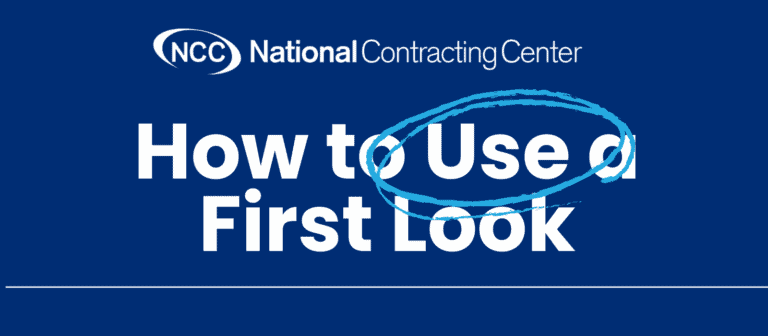At National Contracting Center, we like to help our agents focus on what matters-their clients. We know explaining what Medicare is and how it works can be a little tricky. We’ve put together an article which gives an overview of the components of Medicare. Feel free to share our blog, or even take a print out of the information below for your clients!
In the United States, there are a total of 53.8 million Medicare beneficiaries. That’s a staggering number, especially when you consider there are 10,000 baby boomers turning 65 everyday! It’s expected that by the year 2030, there will be 76 million senior citizens using Medicare-related plans to help with the ever-increasing cost of healthcare and prescription drugs.
Given these statistics it is easy to see why it is important to know what Medicare is, and what it covers. So, just what is Medicare? Medicare is the federal health insurance program for people 65 and older; people with certain disabilities; or people with End-Stage Renal Disease.
A person qualifying for Medicare has three basic options: Medicare A & B; Medicare Advantage; or Medicare Supplements.
Medicare A (Hospital Insurance) and B (Medical Insurance) covers 80% of your healthcare costs, leaving you responsible for the other 20%. There is not an out-of-pocket max, meaning there is no cap on how much you will have to pay. Medicare part A is without cost if you have worked at least 10 years, and you’ve paid into Social Security. Medicare part B can cost anywhere from $120.00 to $335.00 per month, depending on your taxable income (cost may vary by year).
When it comes to covering the 20% Medicare A & B does not cover, you have several options. The first is called Medicare Advantage, or part C. Advantage plans are private insurer plans that can include prescription drug costs and co-pays, with an out-of-pocket max and a potential premium that varies by carrier, plan, and region. You are responsible for all plan costs, unless you find other ways to subsidize them.
Medicare Supplements are just as the name implies – supplements to help you cover expenses Medicare parts A and B do not cover. The cost of a Medicare Supplement policy varies by age, sex, region, and carrier. How much you pay is dependent on the plan you choose. Medicare Supplement plans have the benefit of more coverage compared to Advantage Plans depending on the plan you choose: example: you might be able to go to the doctor with little or no restrictions compared to being tied to a network through a Medicare Advantage Plan.
With a Medicare Supplement, you will want to consider a separate plan for prescription drug costs. Remember the “A,B, C’s” we just introduced? Well, a Prescription Drug plan is known to Medicare as Part “D” Prescription Drug Plans, also known as PDPs. PDPs can help you cover the cost of prescriptions. Medicare Supplements do not typically cover the cost of prescriptions, whereas some Medicare Advantage Plans do. Prices vary for standalone Prescription Drug Plans not typically available with a Medicare Advantage Plan, (depending on the carrier and plan you choose).
Need More Guidance?
The NCC Team is here to help! We offer sales training in the form of webinars, videos, and written guides. Agents who work with us have access to dedicated Sales Support and Training teams who are invested in your success.






